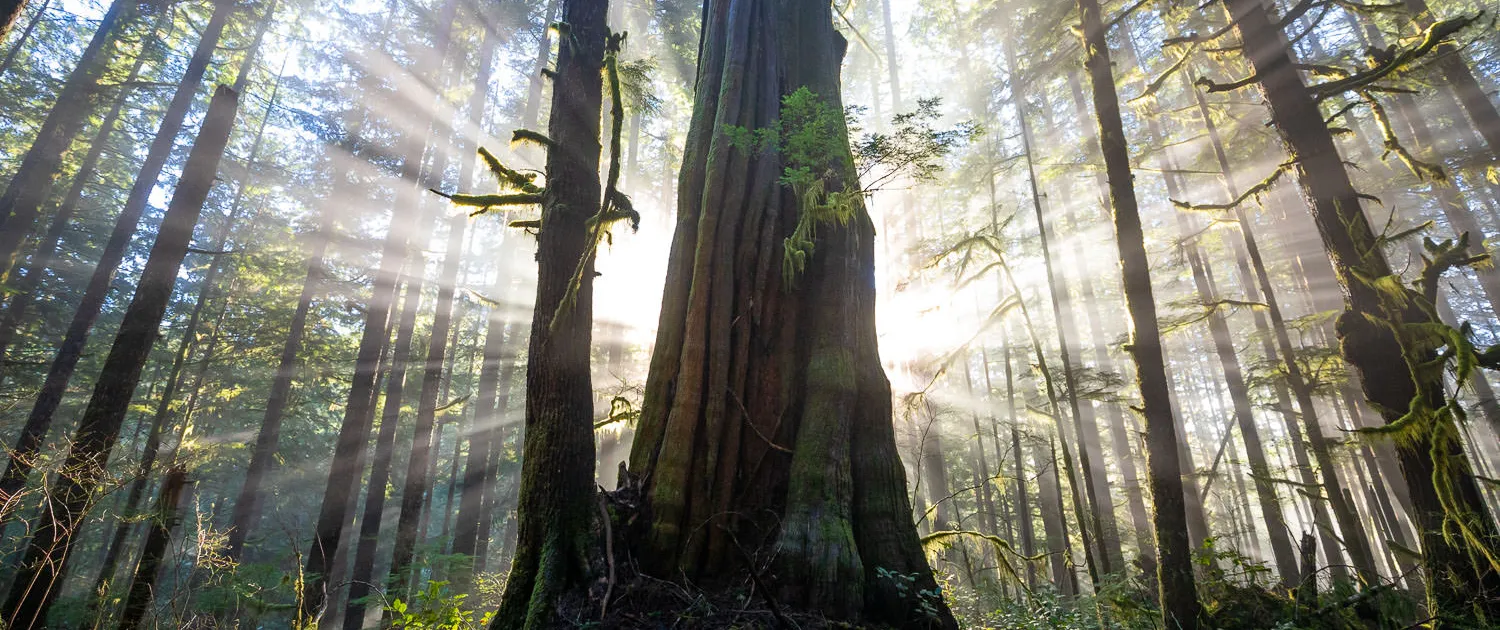 Nov 19 2013
Nov 19 2013Logging Around Cathedral Grove Highlights Need For Forestry Engagement
Victoria, BC: Recent forestry conflicts highlight need for proactive and inclusive approach to decision making.
The growing opposition to Island Timberlands’ plans to log a forest stand only 300 meters from Cathedral Grove, is only the latest sign that British Columbia’s Forestry management process is in desperate need of a review.
“As of 2:00pm on Monday, we have received over 2300 emails from concerned citizens, voicing their opposition to these plans. I completely understand and agree with the specific concerns raised by this campaign. It hints at a much larger disconnect between the decisions that are getting made, and the process to get there. I think people are feeling like they don’t have a voice”.
The decision to log the stand owned by Island Timberlands, adjacent to Cathedral Grove, goes against the idea of using a scientific approach to managing our forests. Identified previously as important Black-tailed Deer wintering habitat, the fracturing of this habitat will have adverse effects. Furthermore, Cathedral Grove is an iconic tourist attraction on Vancouver Island – it is unsurprising that there has been such a public backlash against logging activity so close by. This is an example of the current conflict driven model of forestry management – and the negative impacts it has on everyone involved.
“The current model for decision making in this sector seems to rely on large public backlash to spur proper engagement. This approach hurts everyone. We need to have a system that transparently and proactively engages citizens in the decision making process. This will benefit companies by removing a measure of uncertainty and will allow local communities to feel like they have the tools to protect their ecosystems.”
“I believe it is time for the BC government to re-engage British Columbia’s forestry stakeholders, including environmental groups, local communities, First Nation’s communities, forestry companies, and experts at our Universities, to develop a more proactive, evidence-based approach to identifying which areas should be logged, and which ecosystems need to be preserved.”
Quotes by Andrew Weaver – MLA, Oak Bay – Gordon Head
[Andrew Weaver MLA website no longer available]





